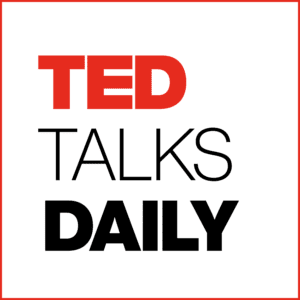
In this episode of “The Lex Fridman Podcast”, mathematician Edward Frenkel explores the fascinating intersection of mathematics and quantum physics. Frenkel emphasizes the Langlands program as a grand unified theory of mathematics and discusses the role of mathematics in understanding the deepest structures of the universe. The podcast is sponsored by House of McAdamias for healthy snacks, Shopify for e-commerce, and ExpressVPN for security and privacy on the internet.
Edward Frenkel explores the interface of mathematics and quantum physics, highlighting the role of mathematics in understanding the deepest structures of the universe. Physicists use complex mathematical theories to uncover the underpinnings of physical reality, with quantum mechanics serving as a puzzle that allows them to delve into the universe’s secrets. However, the few mathematical physicists who can shed light on the universe’s mysteries are rare.
Mathematics serves as a fundamental language that underpins physics, enabling the discernment of patterns and regularities in the universe. While realistic theories of physics focus on three-dimensional spaces or four-dimensional space-times, mathematicians are interested in exploring higher dimensions or infinite dimensional spaces. Mathematicians prove concepts using logic, while physicists confirm their theories through experimentation.
The relationship between time, consciousness, and free will remains unclear. Our memories may not accurately reflect the sequence of events, and the limitations of our minds may require stepping outside of them to gain a more comprehensive understanding of the world. Humans have a penchant for playing with time and subjective truths, which can be beneficial in terms of competition and the dance of life.
Mathematics enhances our perception by enabling the discernment of patterns and regularities in the universe, ultimately sharpening our ability to appreciate beauty. Whether discovered or invented, mathematics is a human activity that can express complex ideas that transcend words. Paradoxes may be fundamental to reality, and art and poetry can capture the essence of these complex concepts.
Edward Frenkel shares his personal experience of solving difficult mathematical problems and the emotional toll it can take. Mathematicians face unique ethical challenges, as the field often lacks financial incentives, leading to less prioritization of discovery credit. Mathematics attracts a specific psychological type, offering refuge from discrimination and cruelty. Breaking the stereotype of mathematicians as quiet and closed off can foster inspiration and sharing among diverse individuals.
Edward Frenkel’s exploration of mathematics and its relationship with quantum physics sheds light on the profound interconnections between these fields. Mathematics serves as a language that enables us to understand the universe’s deepest structures, sharpen our perception, and appreciate beauty. Mathematicians face unique challenges and ethical considerations, but breaking stereotypes and fostering inclusivity can lead to a virtuous circle of inspiration and sharing. By approaching science and math with childlike wonder and curiosity, we can uncover the mysteries of the universe and embrace the beauty of mathematics.